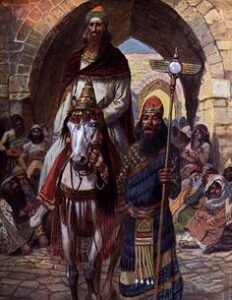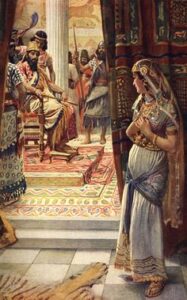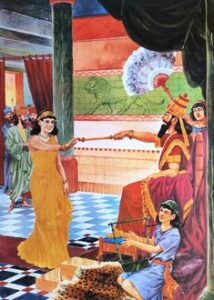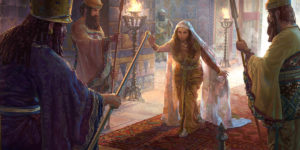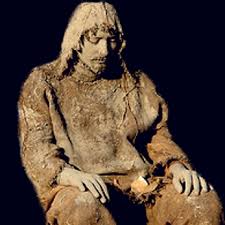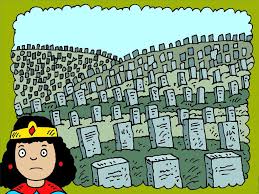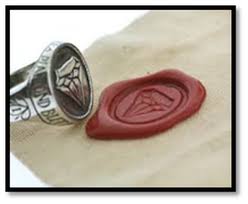Bo – The Names of the Feast
The Names of the Feast

There are three basic names for this feast. The most common name by far today is Purim. This is the biblical name according to Esther 9:26. It is the plural form of the singular word pur, meaning lot. Therefore, Purim means lots, or the Feast of Lots. The reason this name was used is given in Esther 9:24, because Haman had cast the pur (that is the lot) to determine the day to destroy the Jews.
A second name is Mordecai’s Day. This is a name given to the feast in early Jewish writings between the TaNaKh and the B’rit Chadashah and is found in one of the apocryphal books, Second Maccabees 15:36. It was given this name because it was actually Mordecai who inaugurated the feast (Esther 9:20-21).
The third name is Id El Sukar. This is Arabic, meaning the sweet festival. The Arabs of Jerusalem gave this name during the Turkish period (1517 to 1917). It became the Jewish custom in Jerusalem to give sugar candies to Moslem authorities on this day, thus, the Arabs began calling this feast the Sweet Festival.113



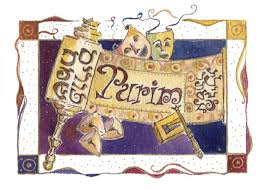
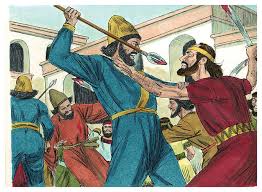


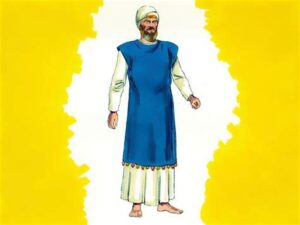

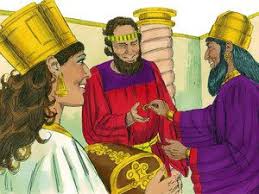
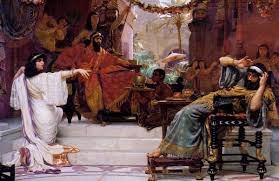


 The king said: Impale him on it (7:9b)! Accordingly, in the end, God brought justice. So they impaled Haman on the pole he had set up for Mordecai. Rather than being hanged by the neck on a modern-type gallows, people were impaled with nails on a wooden pole in public view, as lesson to the populace. His fall from grace was sudden. One day he was on top of the world, with all the wealth and power of the mighty Persian Empire, and the next day, he was executed in disgrace. He never saw it coming.
The king said: Impale him on it (7:9b)! Accordingly, in the end, God brought justice. So they impaled Haman on the pole he had set up for Mordecai. Rather than being hanged by the neck on a modern-type gallows, people were impaled with nails on a wooden pole in public view, as lesson to the populace. His fall from grace was sudden. One day he was on top of the world, with all the wealth and power of the mighty Persian Empire, and the next day, he was executed in disgrace. He never saw it coming.
